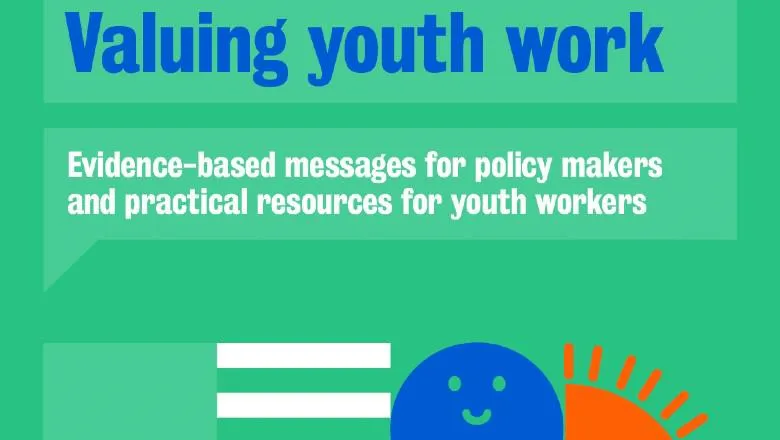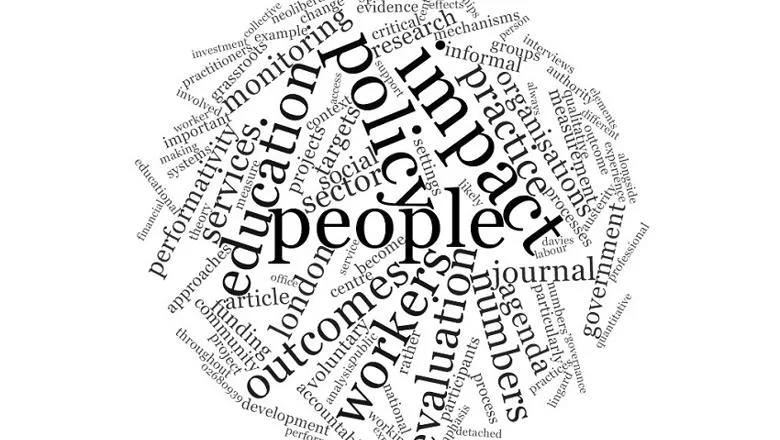Research at King’s College London has contributed to raising awareness of the need for better accountability and evaluation practices centred on young people and their needs.
Researchers from the School of Education, Communication & Society have created new resources to help policy-makers and practitioners after uncovering the threat to youth work posed by economic austerity measures and the increased use of outcome-based monitoring procedures.
Research carried out by Dr Tania de St Croix, Senior Lecturer in the Sociology of Youth and Childhood, and Louise Doherty, Research Associate in Youth Work, found:
- Formal evaluation and monitoring practices were rarely effective or appropriate in gaining an accurate understanding of the importance of youth work for young people.
- Involving young people and practitioners in decisions about evaluation and accountability, along with mixed qualitative evaluation processes, is instrumental to articulate a more equitable, nuanced approach to accountability.
- Youth work provides the young people with safe yet informal spaces where they can have critical conversations around personal challenges and wider social issues with adults who are neither parents nor teachers.
To share their findings, Dr de St Croix, together with research associate Louise Doherty, produced two briefings for policy-makers and practitioners:
Dr Tania de St Croix said: “With these two new resources, we are hoping to make the research accessible and useful for policy and practice, when it comes to evaluating and understanding the impact of youth work.
Their research was funded by the Economic and Social Research Council and it is based on informal education and participatory engagement with young people. It focused on grassroots open youth work, which includes youth clubs, street-based initiatives and groups for specific communities such as young women, LGBTQ young people, or disabled young people.




